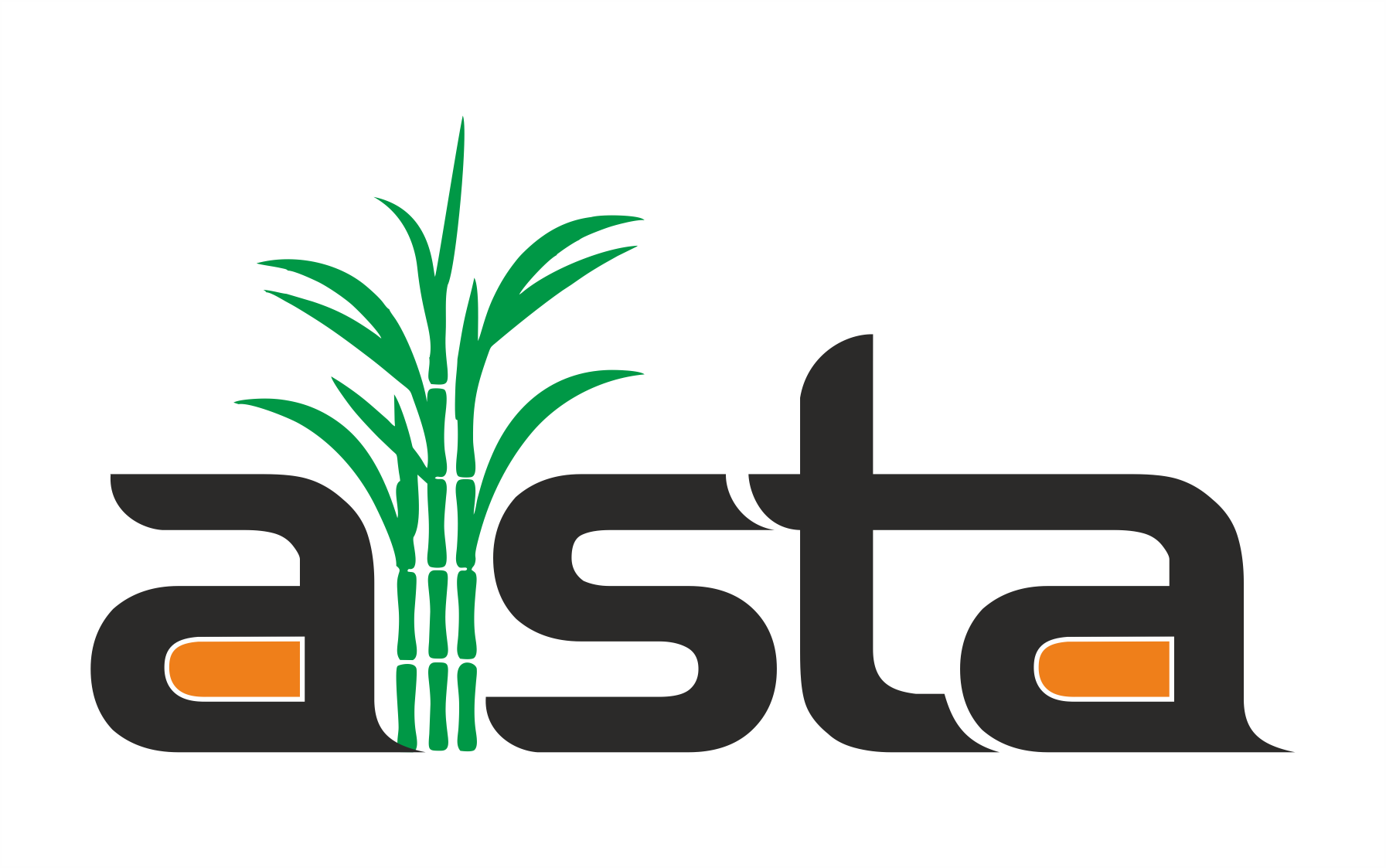Thai sugar cash premiums crash on looming supply overhang
Cash premiums for Thai raw and refined sugar has crashed due to a global supply overhang, with record cane production expected in Thailand and India.
Thai raw sugar cash premiums dropped across the board Friday, as the cash market corrected to reflect market fundamentals. Thai HiPol spot cargoes were assessed 4 points lower on the day Friday at 60 points over the May (K) New York No.11 futures contract.
The cash premiums of the forward month HiPol cargoes with loading periods of May-July 15, July-September 15 and October-December 15 were all assessed lower on the day. The biggest drop on Friday was for the the October-December 15 loading cargoes, which fell by almost 22% on the day to a 50 point premium to October (V).
“The cash premium crashing for Oct-Dec was surprising as it just traded at 64 over [October] this week,” a trader said Friday. The market must have readjusted their numbers for sugar availability in the fourth-quarter, the trader added.
Lower cash premiums are not limited to Thai raw sugar, with the Thai white or refined sugar spot cash premium down 28.5% or $6/mt from the beginning of the year to $15/mt over the May (K) London No.5 futures contract.
Moving to the fundamentals, production in Thailand between the start of the 2017-18 season (October-September) on October 1 and March 15 was 10.8 million mttq, up 22% on the year, according to data from the Office of the Cane and Sugar Board or OCSB.
Thailand is on track to have a record sugar output this year, with the OCSB raising its estimate for the the total cane crush during this season to 120 million mt from 107 million mt earlier in the month.
Further compounding the issue, Thai sugar exports are lagging. Thai sugar exports during February were 621,756 mt, down 5% on the year as raws exports to Indonesia, the biggest importer of Thai raws, tanked 21% on the year to 169,034 mt, according to data from the Thai Sugar Millers Corporation.
Tightening the bear grip in the market, sugar production in India is expected to hit an all-time high of 29.5 million mttq for the October 2017- September 2018 season, with production in the state of Maharashtra pegged to more than double on the year to 10.1 million from 4.2 million mttq, according to data released by the Indian Sugar Mills Association or ISMA.
Adding pressure to the market, India is expected to turn into a net exporter this season from a net importer last season. Exports from India this season is estimated to be around 1.5 million mt, with ongoing discussions that the government is likely to scrap the 20% export duty.
The bumper crop in Thailand and India is part of a wider trend seen in Pakistan, EU and the Commonwealth of Independent States, all of which are now targeting record production and exports to the world market.
The bearish undertone in the market is underscored not only by the falling cash premiums, but also by the futures.
The front-month New York No.11 raw sugar futures contract is down 11.6% from the beginning of the season in October to 12.65 cents/lb ($279/mt) on Friday. The front-month London No.5 refined sugar futures contract has fallen by 5.6% from the start of the season in October to $348.5/mt on Friday.
Brazil, the largest sugar producer, is the only major producer supporting the bulls, with sugar production estimated to go down by 13% on the year to 31.32 million mttq for the 2018-2019 (April-March) season as mills opt to produce more of the higher paying ethanol, according to S&P Global Platts Analytics data.
Exports from Center-South Brazil, the main cane growing region in the country, is expected to drop 4.4 million-4.5 million mt in 2018-19 (April-March) season to 21.4 million mt; most of it raws, down about 4 million mt on year to 19.3 million mt, the data showed.
However, this is not expected to change the bearish fundamentals in the market, with global production estimated to exceed consumption by 6.5 million-7 million mtrv for both 2017-18 and 2018-19 seasons, Platts Analytics data showed.
Source: Singapore (Platts)–18 Mar 2018

